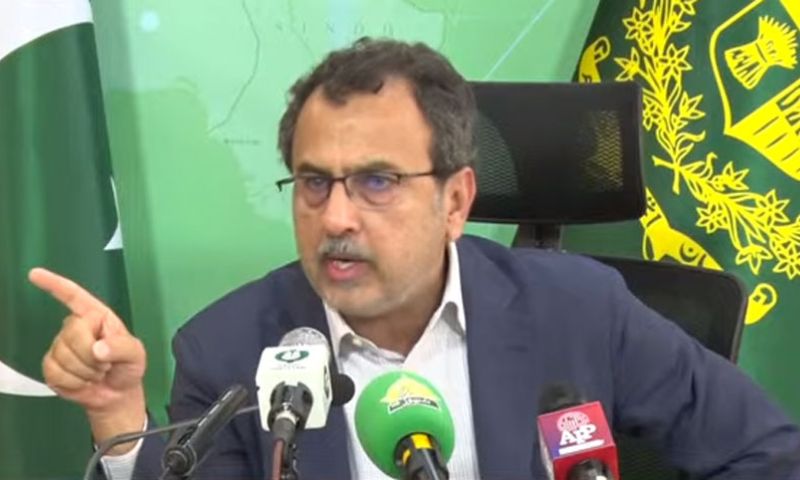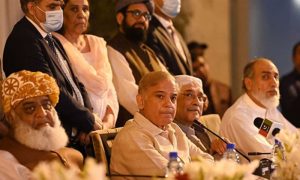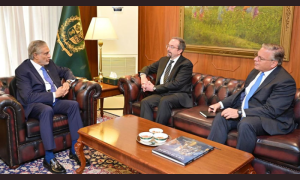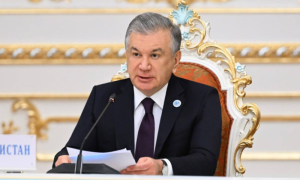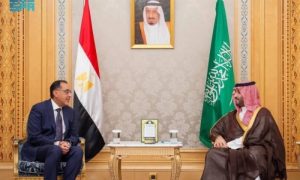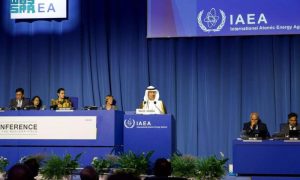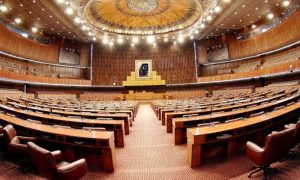ISLAMABAD: Pakistan’s Energy Minister Awais Leghari on Saturday said that the Pakistan Muslim League-Nawaz (PML-N) led coalition government is actively renegotiating contracts with independent power producers (IPPs) to tackle “unsustainable” electricity tariffs.
Rising power tariffs have fueled social unrest and led to industry shutdowns in Pakistan’s $350 billion economy, which has faced contractions due to record-high inflation.
“The current pricing structure for power in Pakistan is unsustainable,” Awais Leghari, who heads the Power Division, told Reuters in an interview on Friday. He noted that discussions between power producers and the government are ongoing because both sides agree that the existing situation cannot continue.
Leghari emphasized that all parties involved would need to make concessions—though without completely compromising business sustainability—and that these changes must be implemented promptly.
A decade ago, in response to chronic power shortages, Pakistan approved numerous private projects by IPPs, financed largely by foreign lenders. These deals included high guaranteed returns and commitments to pay for unused power. However, ongoing economic challenges have reduced power consumption, leaving the country with excess capacity that it must finance.
With limited funds, the government has incorporated these fixed costs and capacity payments into consumer bills, triggering protests from domestic users and industrial groups.
According to four sources in the power sector, changes to the contracts being negotiated include reducing guaranteed returns, capping dollar rates, and eliminating payments for unused power. These sources, who spoke to Reuters on condition of anonymity, were not authorized to comment publicly.
A critical aspect of the recent $7 billion bailout deal with the International Monetary Fund (IMF) was a focus on the energy sector’s viability. The IMF’s staff report underscored the need to reassess power agreements.
Pakistan has begun talks to restructure power sector debt owed to China and negotiate structural reforms, although progress has been slow. The country has also pledged to end power sector subsidies.
Leghari noted that current power rates are unaffordable for both domestic and commercial consumers, which is hindering growth by making power prices uncompetitive regionally and disadvantaging key exports. The goal is to reduce commercial tariffs to 9 US cents per unit from approximately 28 cents.
Earlier this week, Leghari hinted at “permanent relief” for consumers, stating on Geo News program Aaj Shahzeb Khanzada Kay Sath that a comprehensive review of IPP matters had been completed and that the nation would soon receive ‘good news’ on this front.
However, Leghari warned against unilaterally changing IPP contracts, stating that such actions could result in a “Reko Diq-like situation.” Over the past 15 years, Pakistan has incurred losses of nearly Rs5,082 billion due to inadequate control over circular debt, leading to annual losses of Rs370 billion.









